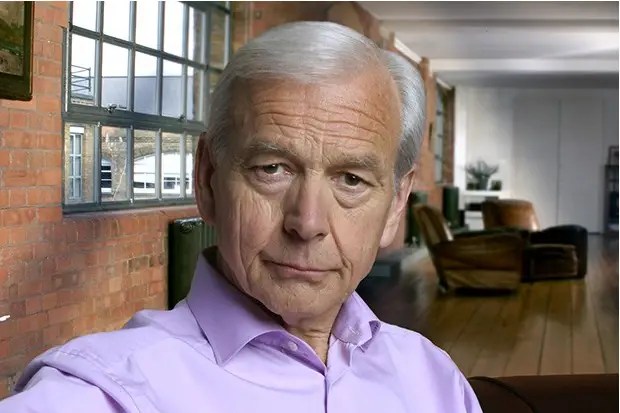Michael Buerk recently lamented the retirement of John Humphrys from Radio Four’s today programme – because his departure means one less working class voice on the BBC: once Humphrys goes all of the remaining Today presenters will have been privately educated.
In fact Buerk suggests that Humphrys further represents an older generation of media presenters: he broke into media in a more meritocratic age, when it was possible for ordinary working class kids to be socially mobile and get ‘middle class jobs’.

Today it seems this is much harder, and there’s a lot of evidence that our media companies are stuffed full of middle class media professionals, with the working classes woefully underrepresented behind the scenes.
Below I summarise some of the stats, all of which offers support for the neo-marxist theory of ownership and control of the media.
Surveys on the class backgrounds of media professionals show they are overwhelmingly upper middle class
Research conducted by Sam Friedman of the London School Economics found that
67% of Channel 4 staff had parents who worked at professional or managerial level and only 9% identify themselves as coming from a working class background.
The BBC came out best, but still had 61% of staff reporting they were from upper middle class backgrounds. 17% of staff and 25% of BBC management when to private school, well above the 7% for the population as a whole.
ITV only provided data for those in senior management roles, so are probably even more upper-middle class than Channel 4.
OFCOM has criticized the BBC for being too white, middle-aged and middle-class, and being out of touch with a wide tranche of the UK population.
Stef McGovern argues that BBC needs to do more to recruit people from working class backgrounds, and she even thinks that she’s paid less because she’s not posh, suggesting that people from wealthy backgrounds such as Fiona Bruce are able to negotiate better pay deals, at least partly because of their class.
Why are media professionals mainly upper middle class?
This brief article from the inews suggests that part of the reason the BBC and Channel 4 are so middle class is because they are both based in London, as are 2/3rds of media jobs. It also reminds us that to break into a job in media, people typically have to do long internships for very low pay, which is only possible with several months of parental support, which is much easier for upper middle class parents with 6 figure salaries to be able to afford.
According to a recent OFCOM report on how people of different socio-economic backgrounds are portrayed in the BBC:
- working class people generally feel as low there are fewer representations of them than there are of the middle classes.
- One programmer from the BBC even said that: “Too often people [from working class backgrounds] are merely the subject of documentaries made by white middle-class people for white middle-class people”.